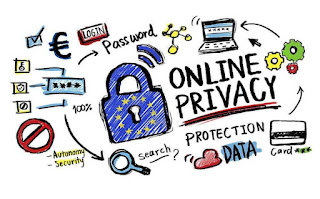Gatekeeping Theory
Like many other slang words, the term “gatekeeping” has been lost in translation for our generation. To us, gatekeeping is a term when celebrities have a product or item that they refuse to release the brand or name. This way, it wont sell off the shelves and they can keep this miracle item to themselves. It has also been adapted into every day life when your friends have information that they will not tell you, like the latest campus drama.
Ani's Presentation
Ani Markin focussed her presentation on the idea of gatekeeping, but not the kind my generation talks about. This was particularly interesting to me as I genuinely didn’t know there was another way of using this word- embarrassing, I know. It is very interesting to see where a world that we have adopted into every day life came from.
Communication Theory.org defines gatekeeping as “ a person who decides what information should move to a group or individual and what information should not… The gatekeeper is having its own influence like social, cultural, ethical and political.” according to Ani’s presentation. This word is one that my friends and I make jokes with on a daily basis, so seeing it in this formal connotation is, with lack of a better word, funny to me.
My Take
Gatekeeping has been around for ages, I did a little research of my own and also found that Social psychologist Kurt Lewin first instituted the Gatekeeping theory in 1943. This was a political strategy in a way. The idea of it was to streamline information, who should know what. This concept seems very problematic, to me. Instating this concept back in 1943 has created a societal acceptance of withholding information for personal gain. It may seem harmless from the outside but it gives people the power to marginalize groups of people based on knowledge and information.When looking into how my friends and I see gatekeeping, it is similar to the actual theory. But, on a much smaller scale. In many cases it can be used on social media platforms for people to become more liked by the audiences. Alix Earl (pictured on the right) gained a lot of popularity for being "real". She always says "guys I won't gatekeep my products! I am using..." in her videos and people respond very well to this. Although, it is certainly not as detrimental for TikTok vloggers to withhold their favorite mascara as it is for politicians or people in power to withhold valuable information from the public. Gatekeeping has two different meanings in our society, one that seems important and one that actually is important.
I wonder how much information we are missing out on, do you?
.jpeg)




.jpeg)












